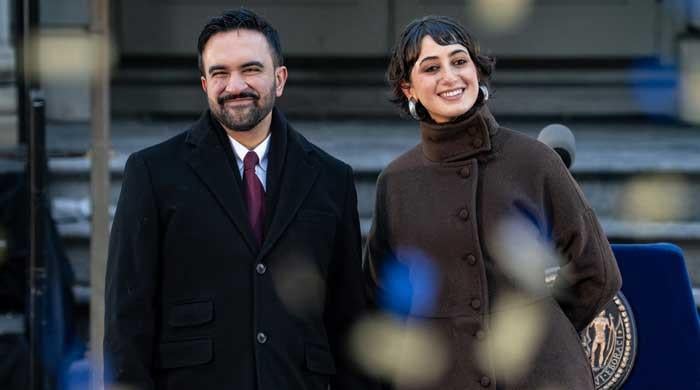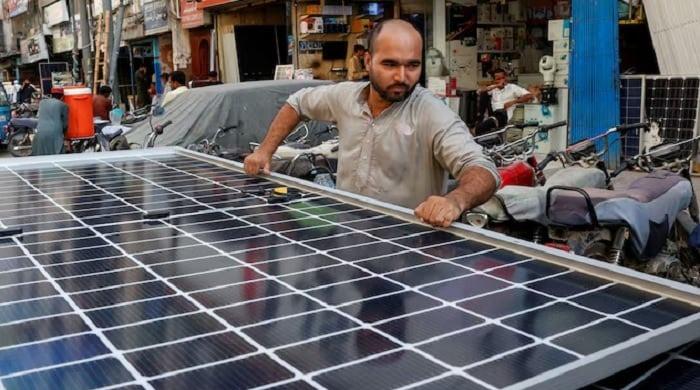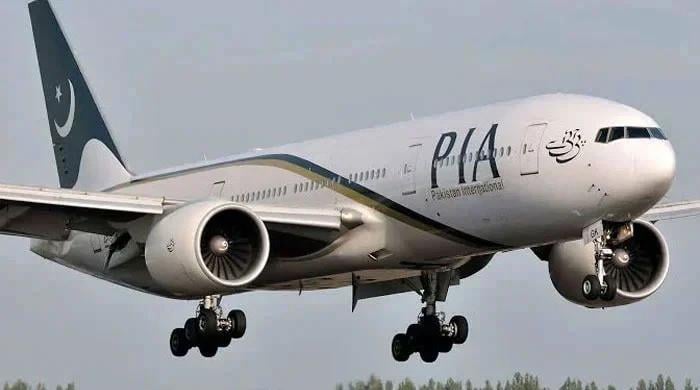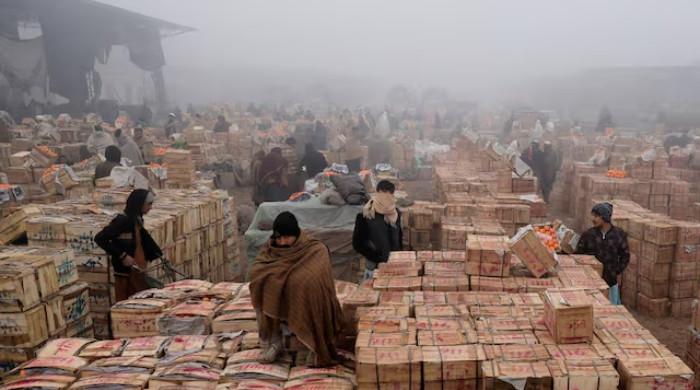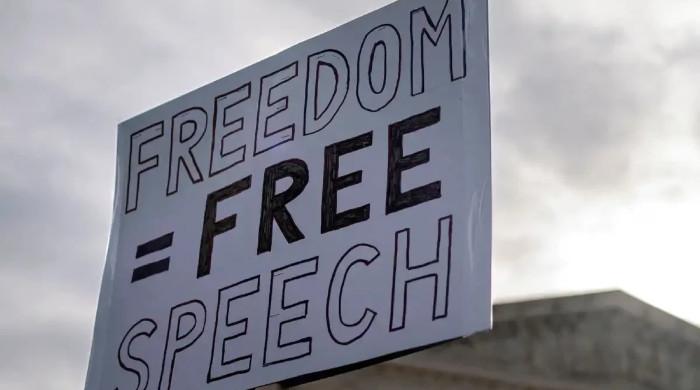Can Imran Khan win three seats from Karachi?
Imran Khan is a candidate from three constituencies in Karachi in by-elections to be held on September 25
August 19, 2022
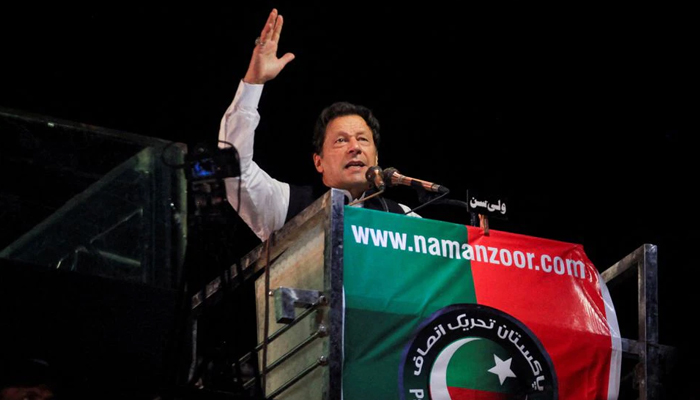
It was in 1997 when former prime minister Imran Khan made his political debut in Karachi, months after launching his party, PTI. At that time, he contested the election with the symbol of a charag (lamp). He secured over 2,000 votes, losing to Pakistan Muslim League candidate, the late Ejaz Shafi.
Some 21 years later, in the 2018 general election, Khan secured over 91,000 votes against rival MQM-P's late Ali Raza Abidi, who received over 24,000 votes.
Today, Khan is a candidate from three constituencies in Karachi in the by-elections to be held on September 25. These include two Pakistan People’s Party strongholds Lyari and Malir.
The PTI had surprised PPP in the last polls when it secured both these constituencies, as well as Korangi, which was MQM-P’s home ground.
But Khan must also answer some questions such as, what did his government do in the last three and half years for Karachi? Which, of course, cannot be compared with the disappointing performance of the PPP and MQM in the past three decades in the city.
The by-election on Karachi’s NA-245 is slated for Sunday. Even more crucial for PTI will be to win the second phase of the local bodies polls scheduled for August 28. If PTI is not able to perform well in the LG polls next week, it could impact the by-election on the three national assembly seats of Karachi to be held in September.
The September 25 by-poll has its own significance as well, Khan will create a record of contesting from nine constituencies across the country. In the 2018 general elections, he won five but retained his home constituency, Mianwali, in the end.
Can he break his own record? It is likely that with his presence the by-election could draw a large voter turnout.
In Karachi, he is contesting from Lyari, Malir and Korangi. It will certainly not be easy for him, despite PTI being the largest party in the city with 14 MNAs and 25 MPAs after 2018.
Some political observers believe that instead of addressing a public meeting it would be better if he drove through the city, from Orangi to Korangi and Malir to Lyari to get a feel about the deteriorating civic conditions.
Regardless of how he plans to campaign, PTI’s performance, despite being the single largest party in the city in 2018, was not up to the mark, but the recent pro-Imran wave can certainly give him an extra boost in the upcoming election and maybe in the general election next year.
In the local government elections, the race for the Mayor of Karachi will be between the PPP, JI, PTI and MQM-P and also groups like the Tehreek-e-Labbaik Pakistan and the PSP led by former Mayor Syed Mustafa Kamal.
The calculation in the LB poll is very simple, whichever party wins the majority of the 25 Towns or Union Committee’s chairmanship will become the front runners in the 367-member strong Karachi Metropolitan Corporation.
In these polls, the PTI leaders believe that they can win the support of Urdu- and Pashto-speaking urban middle-class voters. However, they have conceded publicly and privately that they are still far behind in rural Sindh, where after the PPP, the JUI-F has emerged as a strong contender.
It is important to remember that after the 2018 national polls, some PTI stalwarts from Karachi, including Arif Alvi, Asad Umer, Ali Zaidi, Firdos Shamim Naqvi and Najeeb Haroon insisted that Imran Khan retain his seat in Karachi because of the dynamics of the city’s politics. But he did not follow the advice.
During his three and half years tenure as Prime Minister, Imran Khan did not visit Karachi as much as expected, but he did launch the Karachi Transformation Plan in 2020 after devastating rain falls.
Another drawback for PTI is that it has serious organizational problems in Sindh, particularly in Karachi. Even during the PTI government, Karachi MNAs were not happy to the extent that at least seven MNAs, including Najeeb Haroon, one of the party’s founding members and Shakoor Shad, who had surprised PPP's chairman, Bilawal Bhutto Zardari, when he defeated him from Lyari, expressed their concern over the manner in which Karachi was been neglected by the federal government.
Shad once told me: “I wish Khan sb could have visited Lyari as I had created history, but he disappointed the people who posed confidence in me and PTI.”
This time in Lyari, Imran Khan is up against former MNA Nabil Gabol, who has vast experience as he won nearly five elections from here. In Malir, Khan will be facing PPP’s Hakim Baluch, who contested from the PML-N platform in 2018. While the Korangi constituency could be much easier for Imran Khan though here he may confront not only MQM-P but also the TLP.




